According to the United Nations Organisation, “a disability is primarily a social condition between the individual and his/her environment”. Therefore, it is a prerequisite to build an environment capable of overcoming any related obstacles, in order to put an end in practice, to the discrimination due to disabilities. More precisely and with regard to the library world, it is true that the development of new technological applications can enhance the provision of services required by the users with disabilities.
![]() The above issues are addressed by the AMELib (Accessible Multi-modal Electronic Library), whom mission is to provide electronic scientific books to the students with reading disabilities studying in the Greek Universities.
The above issues are addressed by the AMELib (Accessible Multi-modal Electronic Library), whom mission is to provide electronic scientific books to the students with reading disabilities studying in the Greek Universities.
 People with reading disabilities include: a) blind people, b) visually impaired people, who can not acquire a visual function substantially equivalent to that of persons without such problems, and who therefore cannot read publications with the same substantial easiness as persons without such problems; c) persons with a perceptual or reading disability, who therefore are not in a position to read publications with the same substantial ease as persons without such a disability, d) people who are unable to hold a book in their hands or to handle a book or to focus or move their gaze to such an extent that it would normally be satisfactory to read.
People with reading disabilities include: a) blind people, b) visually impaired people, who can not acquire a visual function substantially equivalent to that of persons without such problems, and who therefore cannot read publications with the same substantial easiness as persons without such problems; c) persons with a perceptual or reading disability, who therefore are not in a position to read publications with the same substantial ease as persons without such a disability, d) people who are unable to hold a book in their hands or to handle a book or to focus or move their gaze to such an extent that it would normally be satisfactory to read.
The Distance Library and Information Centre (HOU_DLIC) of the Hellenic Open University (#HOU), with the approval of the HOU Governing Body, has given to AMELib its entire graduate textbook collection. The books after being appropriately processed, are added to the digital collection of the AMELib. Students with reading disabilities may have access through the AMELib and their university authentication system. https://www.biblio-project.eu/stories/hou-amelib/
- For this regard, the HOU_DLIC is a member of the “Collaborative Network of Accessible Bibliography Holders” (hereinafter the “Collaborative Network-CN”) that operates within the association of the “Hellenic Academic Libraries, HEAL-Link”. All CN members share accessible material, know-how and best practices, on the basis of the copyright exception.
- The CN operates in Cyprus and Greece aiming to develop the necessary infrastructure regarding policies, services and technologies in order to eliminate discrimination against people with disabilities, and in particular people with reading disabilities, by serving inclusive education policies
The Distance Library and Information Centre (HOU_DLIC) is a fundamental associate partner of the DAISSy Research Group of HOU, the Greek project partner of BIBLIO (#digitalskills, @DigitalBiblio) and is firmly involved in the project implementation.
Find out more about AMELib at:
Find out more about BIBLIO project and other activities of DAISSy at:
- Instagram: @daissy_researchgroup
- Twitter: https://twitter.com/daissy_research
- Linkedin: https://www.linkedin.com/in/daissyresearchgroup/
- Facebook: @DAISSyResearchGroup, @DigitalBiblio
- Website : http://daissy.eap.gr/en/
- https://www.biblio-project.eu/
- Email : info@daissy.eap.gr

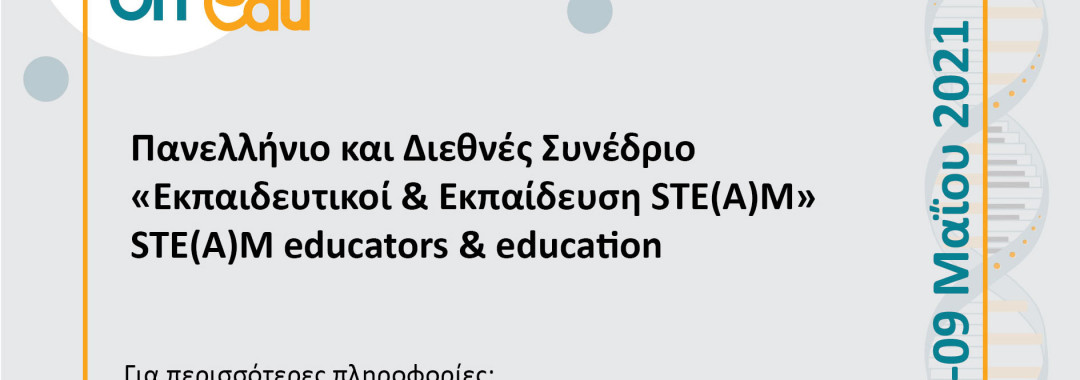
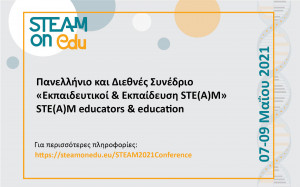
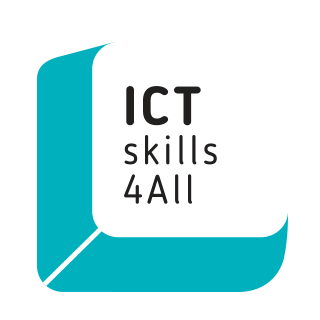

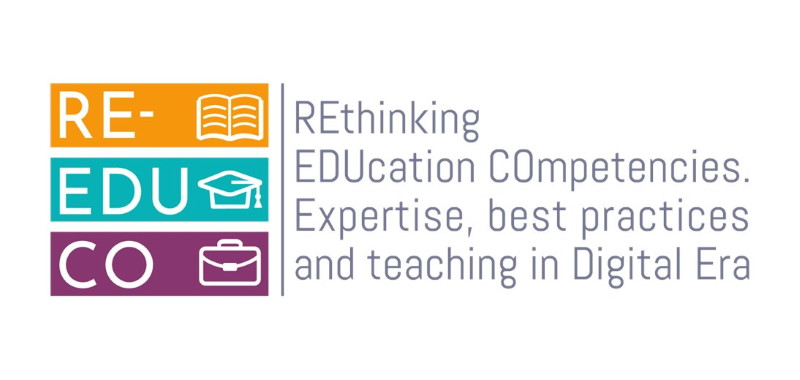
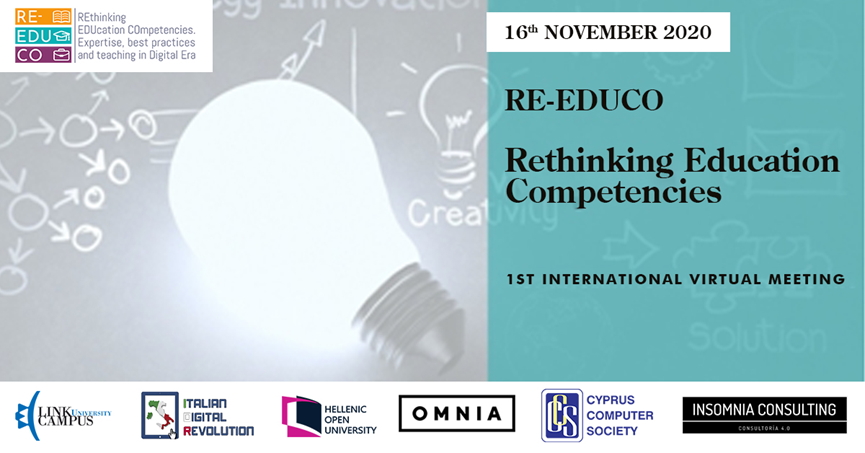
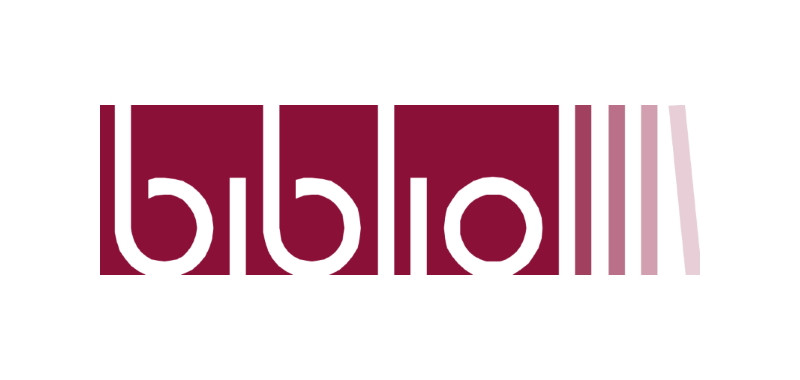
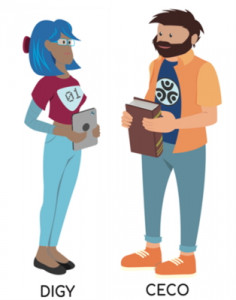
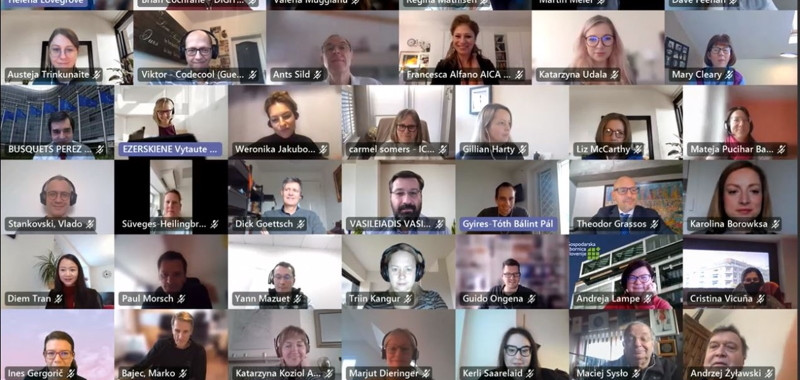
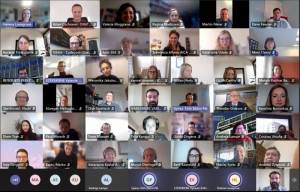
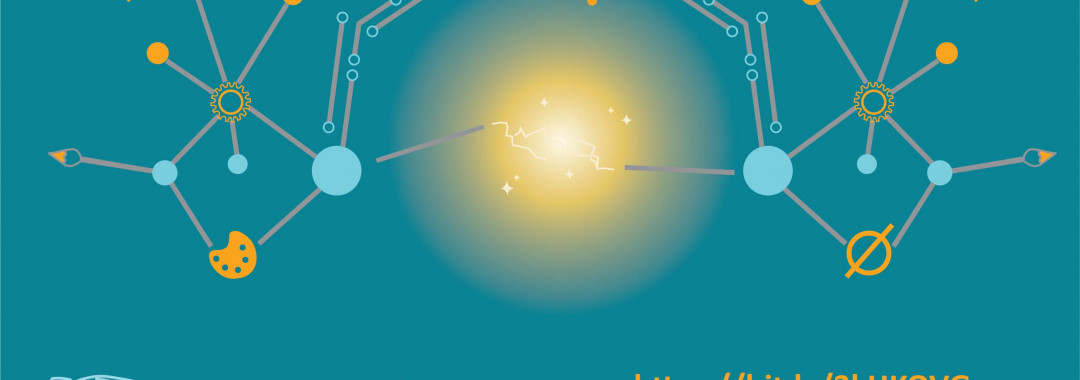
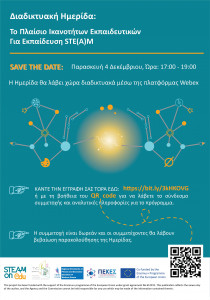 Παρασκευή 4 Δεκεμβρίου – Ώρα: 17:00 – 19:00
Παρασκευή 4 Δεκεμβρίου – Ώρα: 17:00 – 19:00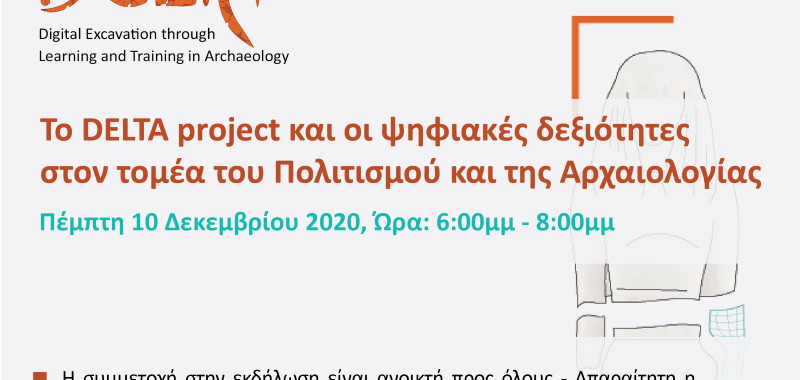
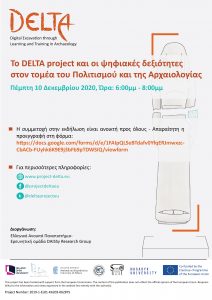 The DAISSy research group of the Hellenic Open University invites you to the first Greek online event, as coordinator within the DELTA project! The event will be organized and delivered online in Thursday 10th December 2020 from 18:00 to 20:00, through the MS Teams platform.
The DAISSy research group of the Hellenic Open University invites you to the first Greek online event, as coordinator within the DELTA project! The event will be organized and delivered online in Thursday 10th December 2020 from 18:00 to 20:00, through the MS Teams platform.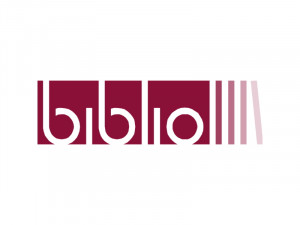 DAISSy Research Group of the Hellenic Open University (
DAISSy Research Group of the Hellenic Open University (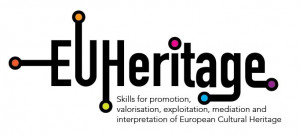 It is noteworthy, that the EUHeritage e-platform will be created under Creative Commons licenses and Open Educational Resources – it is expected to foster the cooperation of the CH sector with other sectors and industries, in particular technology, tourism, SMEs, and Creative and Cultural industries, to allow further scope for creativity, innovation and sustainability.
It is noteworthy, that the EUHeritage e-platform will be created under Creative Commons licenses and Open Educational Resources – it is expected to foster the cooperation of the CH sector with other sectors and industries, in particular technology, tourism, SMEs, and Creative and Cultural industries, to allow further scope for creativity, innovation and sustainability.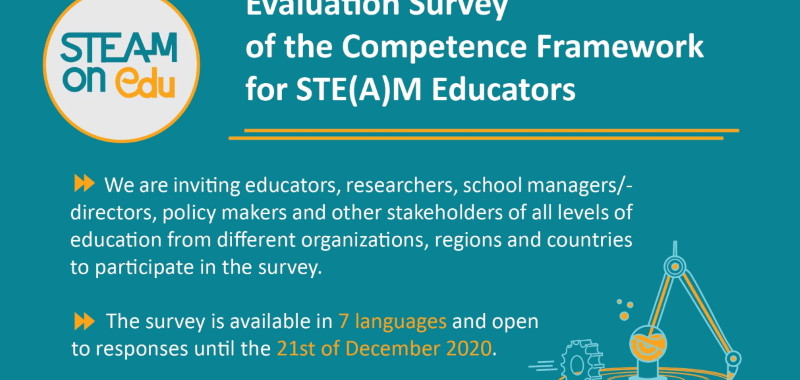
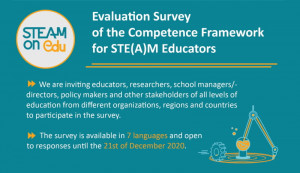 Our project STEAMonEdu – “Competence development of STE(A)M educators through online tools and communities” aims to increase the adoption and impact of STE(A)M education by investing in the professional development of educators and in establishing a community of stakeholders.
Our project STEAMonEdu – “Competence development of STE(A)M educators through online tools and communities” aims to increase the adoption and impact of STE(A)M education by investing in the professional development of educators and in establishing a community of stakeholders.